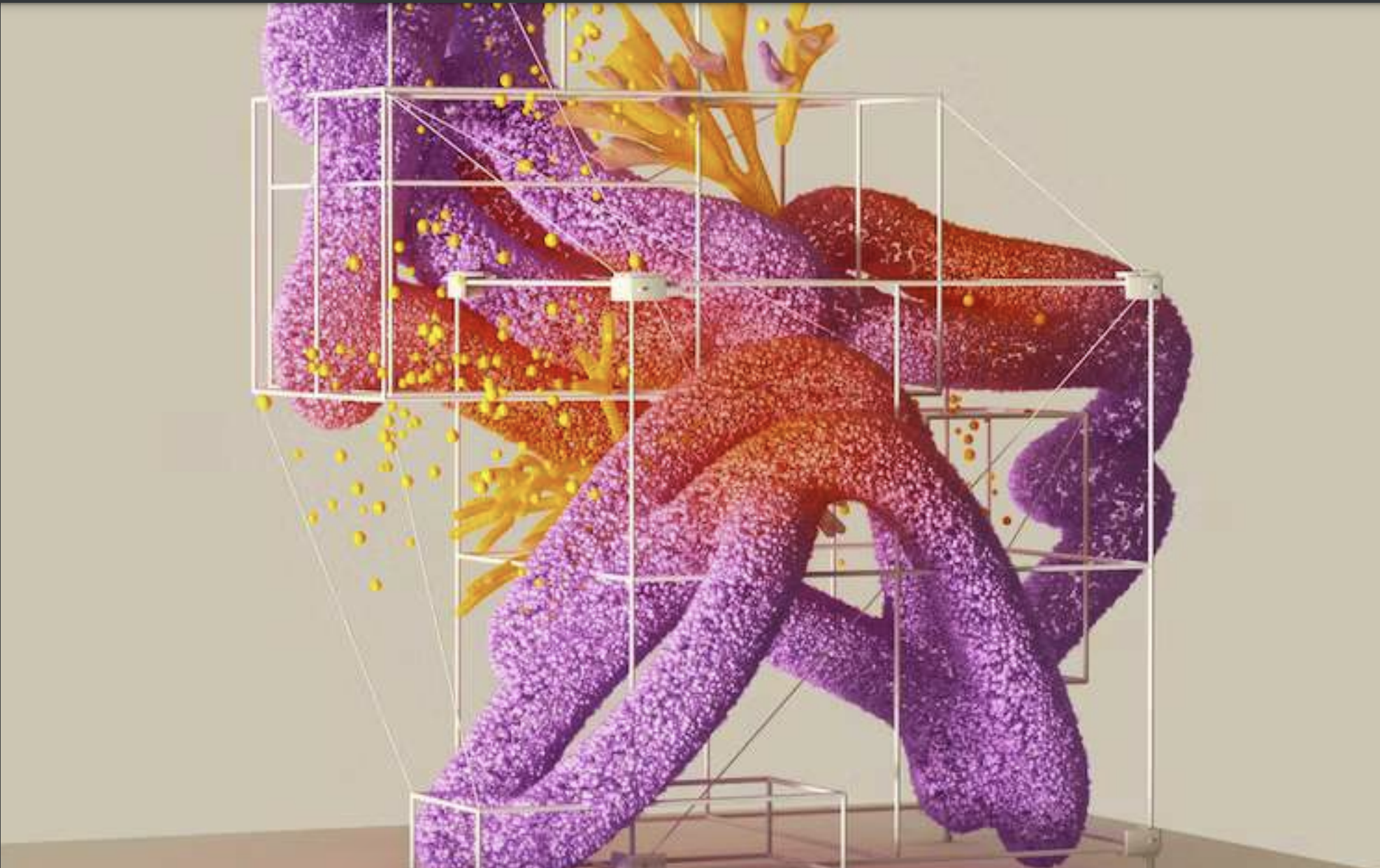
Heeding the call of a growing corpus of FemTech applications and platforms, and the increasingly prevalent instances of the compounded harms within these data journeys – Aapti Institute in partnership with TechHive Advisory, has begun to explore the need, opportunities, pitfalls and requisite governance and design principles required to mitigate vulnerabilities while unlocking the societal value of data within this space.
Androcentrism has been the foundation of years of medical research, situating men as the human “general”, and women as a necessarily gendered deviation from that median. The lack of available, reliable, and verified data on key aspects of women’s health has led to an invisibility on key aspects of women’s health. However, given data’s role in invisibilisation, it also holds the potential to act as a tool for visibilisation – in increasing knowledge and autonomy. Femtech as an industry has emerged in response to this, creating space for greater insight into reproductive health, agency over how this data may be used, and visibiling the lived experiences of feminine health and reproduction. This report seeks to unpack the emerging harms, necessary principles and possible design choices that can combat the systemic gaps in medical research, while also protecting the rights and agency of users.
Download this pdf


